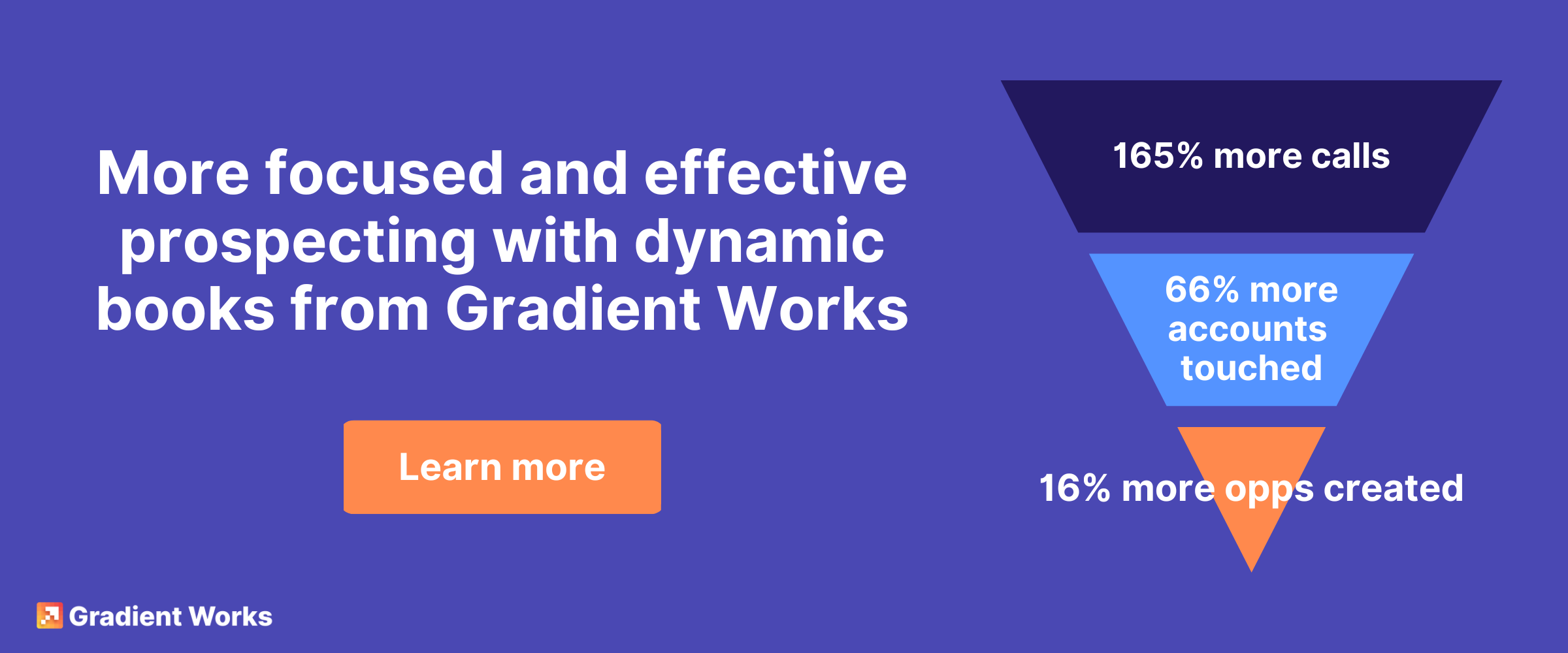Everything I need to know (about communication skills) I learned in (my daughter's) kindergarten.
I attended my daughter’s kindergarten orientation this week. We’ve been getting a lot of information about the upcoming school year recently, and orientation was just one piece of the overall communication. There have been emails, virtual meetings, Facebook updates, newsletters, even tweet threads.
In my work life, I've been spoiled by spending most of my time with expert communicators. If you’re on a B2B GTM team, you likely have better-than-average communication skills - it’s a job requirement. If you’re talking to customers, preparing content for customers, or leading customer-facing teams, you need to be a skilled communicator.
And it’s not that elementary school staff aren’t skilled communicators, but their audiences are different than ours. And their communication styles are very different.
So in addition to preparing us to send our daughter to kindergarten, the orientation process has provided me an opportunity to reflect on what it takes to be a good communicator, regardless of audience. And further, it’s provided a great example to draw from to think about what makes an excellent GTM communicator.
Here are five skills you need to be a better communicator.
1. Understand your audience
You need to know who you’re talking to, the channels they use, their attention span and distractions, and their preferences. There will be ways to communicate more effectively to different audiences.
For example, a lot of our elementary school communication happens on Facebook. Facebook is definitely not my preferred communication channel, but it's likely where a number of elementary parents connect with each other and their schools. So it makes sense to share messages there.
But if you're trying to connect with a B2B buyer, Facebook is probably not the right place for you to find them. Email and phone make more sense.
And don't just think about the channels you're communicating in, but think about the totality of your message. B2B buyers get a lot of email, so how can you make yours impactful? It needs to be short and to the point, and it also needs to stand out in a crowded inbox.
Regardless, the more you understand who your audience is, the more effective your communication with them will be.
2. Communicate clearly
I mean this literally - can your audience actually read/hear/understand you? If your email font is too small and hard to read, people may just delete your email. If the quality of your audio on phone calls is hard to hear, people will tune out. If you use too many acronyms or idioms, your prospect may not be able to understand what you're trying to say.
Clarity may seem simple but it's incredibly important and easy to get wrong.
Kindergarten orientation was in a small, crowded room with more than 100 people in it. The principal was at the front of the room trying to speak (through a mask) over the noise of dozens of restless kids and a loud AC system. It was hard to even hear her words, let alone pay attention to them. A microphone would have made a huge difference in our ability to understand her.
Be sure you're using language your audience can understand, and your voice - mediated or otherwise - is clear. If you don't get this very basic part of communicating right, nothing else will matter.
3. Simplify
Stop saying so much. Seriously, stop talking.
The more you say, the harder it will be for your audience to pay attention - or to remember what’s most important. If your email is multiple paragraphs long, edit it. Say what you need to say as simply as you can.
During orientation, there was a lot going on - a school tour, sharing lots of information, teacher introductions, a PTA overview, and more. The meeting was an hour long, and it was too much at once (especially with a 5-year-old!). The message would have been more effective if there was less of it at that time.
We all tend to talk too much. And here, I don't mean just actual out-loud talking - I mean any form of communication, but especially talking and emailing. Look at your recently sent emails. How many of them include three or more paragraphs of dense text? Have you been on the receiving end of an email that took ten minutes to read or a meeting where the speaker didn't stop talking for a full hour?
Say less and what you say will mean more.
4. Emphasize what's important
Be sure you highlight what’s important. If you’re sending an email, use bold text and bullets to highlight what your reader needs to know. If you’re meeting in person, use a slide or handout to share key information. Make sure it's dead simple to get the main points of a message right away.
Further, say the important things first. In her remarks at orientation, the principal spent a few minutes at the beginning of her speech talking about the PTA. Yes, the PTA is an important part of any school system. But is the PTA the most important thing new kindergarten families need to know during orientation? No. Save the PTA blurb for later. First tell us what time school starts, what we're doing to prevent the spread of Covid, etc...
Know what your key takeaways are, and ensure you're doing everything you can to get those points across.
5. Repeat, repeat, repeat
No matter how clear your message is, you're going to have to say it again. You should tell people things more than once, in multiple formats shared at multiple times. If you have a phone call, then follow up with an email reiterating what you discussed. If you posted something in Slack on Monday morning, send another message on Tuesday afternoon. If you hold an in-person meeting, record it for people who weren't able to attend.
In the weeks leading up to the start of the semester, the principal has shared important information a few times so caregivers have more opportunity to access the essentials. She knows not everyone was able to attend the in-person orientation, so she also sent a voicemail to new families, and posted information on her Facebook page.
It can take hearing something several times before it finally sinks in. People are busy and distracted, so give them multiple opportunities to consume your information.
Communication matters
The best salespeople, marketers, and account managers are strong communicators. And it's not particularly complicated to become a better communicator. In fact, the skills themselves are almost comically simple; it's putting them in practice that gets more difficult. But with practice, you can improve and I promise it will have a positive effect on your work.





